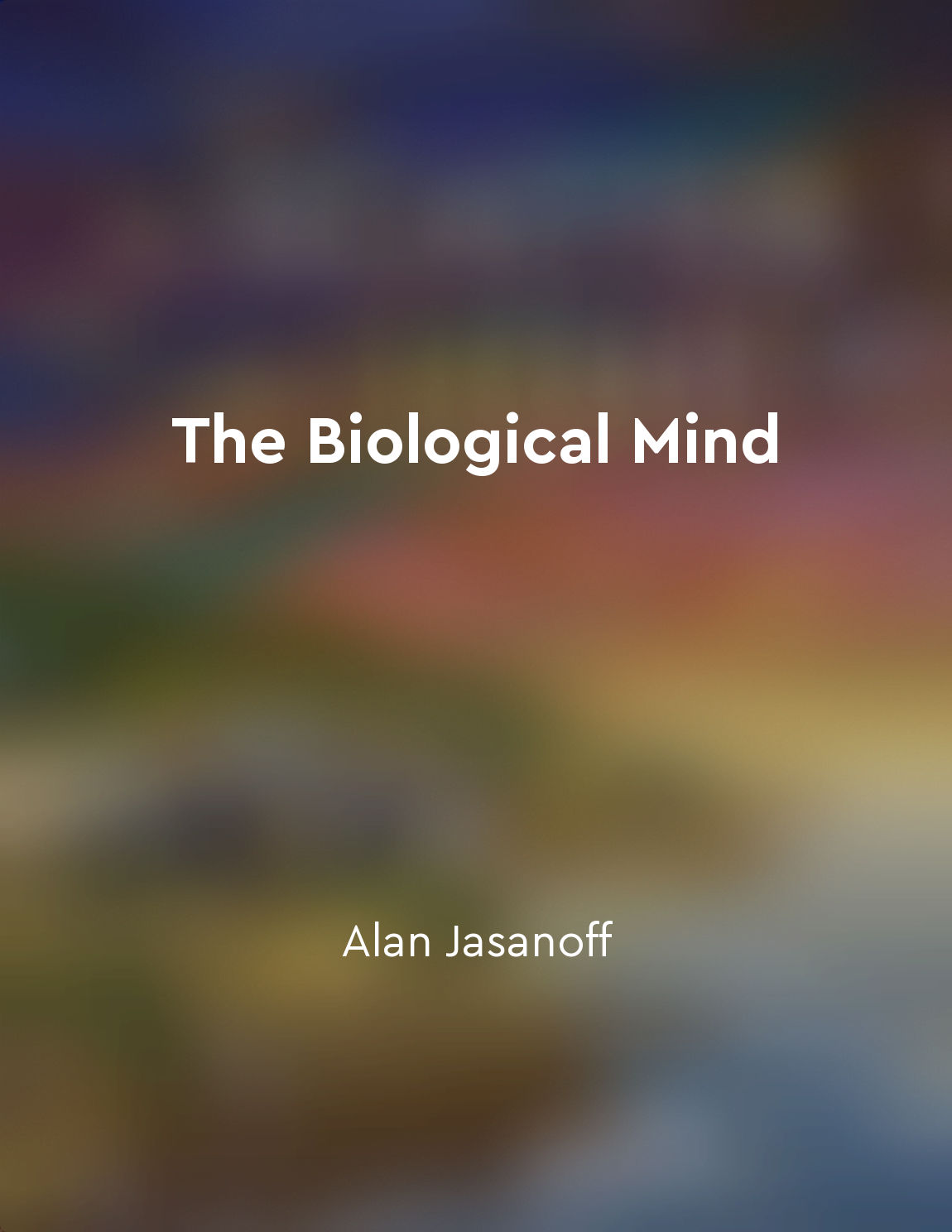Audio available in app
Changing behaviors can lead to changes in the brain from "summary" of The Brain That Changes Itself by Norman Doidge
The brain is a remarkable organ, capable of adapting and changing throughout our lives. It was once believed that the brain's structure was fixed, and that we were born with a set number of brain cells that would gradually decline over time. However, recent research has shown that the brain is much more malleable than previously thought. One key finding is that changing our behaviors can actually lead to changes in the brain. This concept, known as neuroplasticity, suggests that the brain has the ability to reorganize itself in response to new experiences. For example, when we learn a new skill or form a new habit, the connections between neurons in our brain can strengthen or weaken, creating new pathways for information to travel. This idea is supported by a number of studies that have shown how different activities can impact the brain's structure. For instance, researchers have found that learning to play a musical instrument can increase the size of certain areas of the brain associated with music processing. Similarly, engaging in regular exercise has been shown to promote the growth of new neurons in the hippocampus, a region important for memory and learning. These findings suggest that our behaviors have a direct impact on the physical structure of our brains. By engaging in activities that challenge and stimulate our minds, we can help to keep our brains healthy and functioning at their best. This has important implications for how we approach learning, rehabilitation, and even aging. By understanding the power of neuroplasticity, we can harness the brain's ability to change and adapt throughout our lives.Similar Posts
Prioritize selfcare
When you prioritize selfcare, you are putting yourself first. This means taking care of your physical, emotional, and mental we...
Stay curious and open to new experiences
It is essential to keep your mind active and engaged in order to maintain a healthy brain. One way to achieve this is by stayin...
Challenge yourself with puzzles and problemsolving activities
Engaging in puzzles and problem-solving activities is a great way to test and sharpen your cognitive abilities. These activitie...

Consistency in memory training leads to longterm improvements
Consistency in memory training is the key to unlocking long-term improvements in your ability to remember information. By consi...

The benefits of emotional intelligence extend beyond the individual to society as a whole
The impact of emotional intelligence reaches far beyond the individual level, influencing the fabric of society at large. When ...
Master coaches have the ability to ignite talent
Master coaches possess a unique ability to awaken hidden potential within individuals. They have the power to light a spark wit...
Intensive training can lead to significant brain changes
Intensive training has the power to bring about remarkable changes in the brain. When individuals engage in focused and challen...

Ethical considerations are paramount in brain research
When delving into the intricate workings of the brain, researchers must navigate a complex landscape filled with ethical dilemm...
